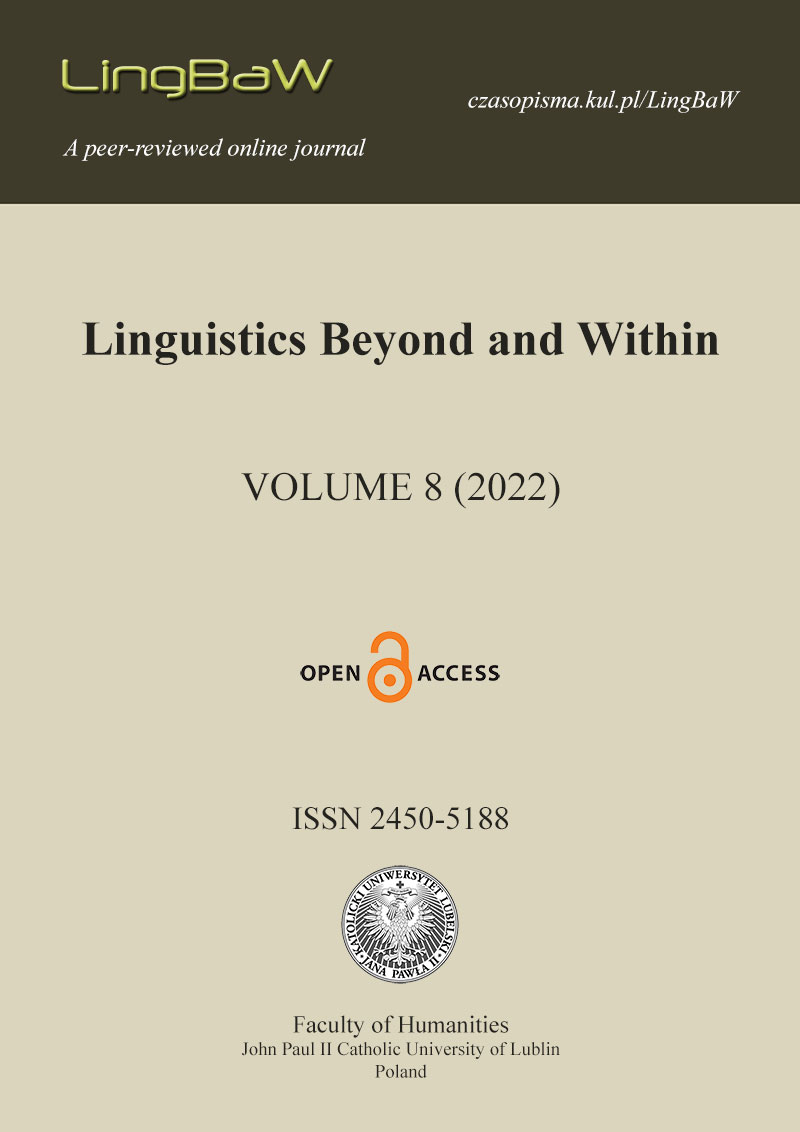Postcolonial analysis of educational language policies of Ireland, Singapore, and Malaysia
Postcolonial analysis of educational language policies of Ireland, Singapore, and Malaysia
Author(s): Zuzanna GralaSubject(s): Comparative Linguistics
Published by: Wydawnictwo KUL
Keywords: language management; educational language policing; Ireland; Singapore; Malaysia;
Summary/Abstract: The aim of this paper is to compare the educational language policing in Ireland, Singapore, and Malaysia. While distant geographically, the three countries experience similar linguistic processes when it comes to anglicisation, and propose different solutions to the issue of balancing linguistic rights, and promotion of English as the language of globalisation.This comparison aimed to find out what influences language policing in postcolonial countries, and in what ways language shift can be prevented. The aspects of language policing strategies are presented as a way of protecting linguistic human rights, but also as a way of dealing with the aftermaths of the policies implemented by the British Empire.Similarities and distinctions in the language policies of Ireland, Singapore, and Malaysia prove that the weak position of native languages originates not in the “natural” decline of a language, but rather in the policy of promoting English by the colonial forces. Ethnic and linguistic discrimination favouring English speakers in Ireland, Singapore, and Malaysia, originates in similar, imperial linguistic ideologies, which are still reflected in the current language policies of countries of colonial past. While the countries approach their bilingual educational policing in different ways, ultimately the outcomes seem similar when it comes to linguistic attitudes and prestige.
Journal: Linguistics Beyond and Within (LingBaW)
- Issue Year: 8/2022
- Issue No: 8
- Page Range: 75-85
- Page Count: 11
- Language: English

